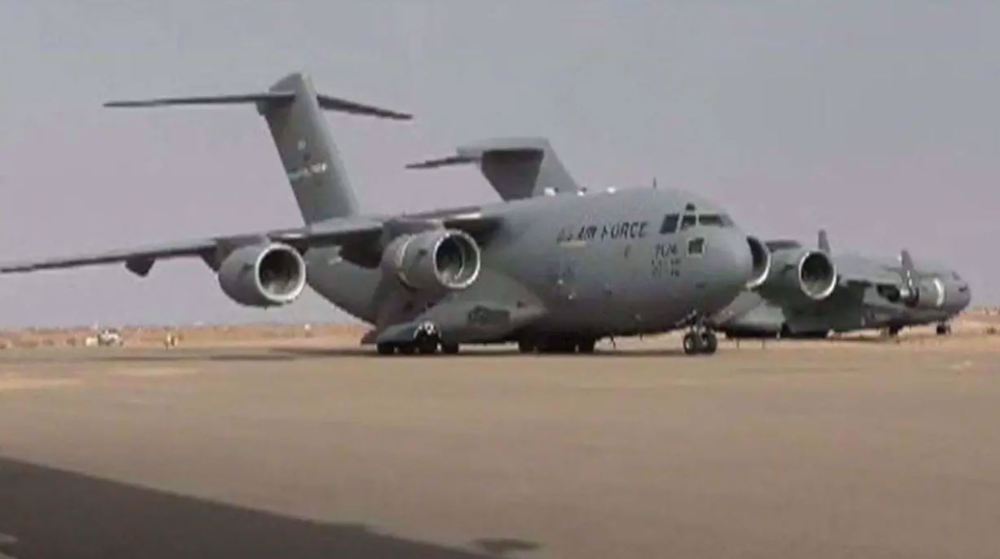UN Security Council welcomes force deployment in Sahel
The United Nations Security Council has unanimously approved a resolution welcoming the deployment of an African military force to fight Takfiri terrorists in the Sahel region.
The resolution, drafted by France, welcomes the deployment but does not grant full UN authorization to the force due to opposition by the United States.
Washington opposed formal Security Council backing for the operation because the troops will be operating on the territory of five countries.
The military force will be made up of troops from Mauritania, Mali, Chad, Burkina Faso and Niger, known as the Sahel G-5. The group approved plans in March to build a contingent of 5,000 members made up of soldiers, police officers as well as civilians.
French Ambassador to the UN Francois Delattre described the unanimous vote at the council as a proof of "maximum political support" for the G5 force.
"At a time when terrorism is striking everywhere in the world, we cannot let the Sahel region become a new haven for terrorist organizations from the entire world," he told the council.
"It is our security which is at stake in the Sahel, not just the security of the G5 countries," Delattre said.
After two weeks of negotiations, France dropped the request for formal UN authorization and for a special UN report on financing the force.
The resolution "welcomes the deployment" of the G5 force "with a view to restoring peace and security in the Sahel region" and drops a provision that invoked Chapter 7 of the UN Charter, which authorizes the use of force.

The initial decision to establish the G5 Sahel force in the semi-arid region south of the Sahara was made in November 2015, during a summit in Chad’s capital, N’Djamena.
The European Union said on June 5 that it plans to spend 50 million euros to finance the establishment of the joint African military force in Sahel with the declared aim of fighting terrorism, among other threats.
Read more:
More than 3,000 French military forces as well as 12,000 UN troops have been engaged in Mali, a former French colony, since 2013, when al-Qaeda-linked elements and Tuareg militants waged an insurgency in the north of the country.
Although the militants were largely driven out by a French-led military operation in January 2013, they continue to wage attacks on the country’s military forces in the remote north.
Since 2015, the attacks have spread to the center and south of the impoverished country, often spilling over into neighboring countries, including Burkina Faso and Niger.
US vetoing of Gaza ceasefire resolution ‘disgraceful’: Iran’s UN envoy
VIDEO | IAEA adopts anti-Iran resolution tabled by E3
VIDEO | Iran's president urges Pope to help end Israel's onslaught in Gaza
Iran's senior legal official: ICC arrest warrant for Netanyahu ‘great victory'
Nov. 21: ‘Axis of Resistance’ operations against Israeli occupation
VIDEO | Israeli forces storm West Bank’s Jenin again, target civilians
Iran activates advanced centrifuges after IAEA's 'unjust' resolution
VIDEO | Press TV's news headlines














 This makes it easy to access the Press TV website
This makes it easy to access the Press TV website